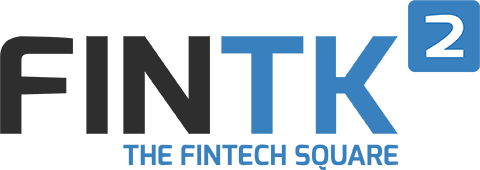
By Tristan Van Iersel.
We already knew Uber’s intention to eventually replace its drivers, who take 80% of what riders pay, with fully autonomous cars. The interesting pieces are:
- Partner choice: The Swedish carmaker, and specifically Volvo XC90, is known for its high safety ratings. This is crucial, as some consumers will initially be skeptical of autonomous cars. It is also in line with Tesla’s strategy of positioning itself as the leader in safety with seemingly extreme features like Bioweapon Defense Mode.
- Timing: Now. Uber is joining Tesla (NASDAQ:TSLA) in commercializingLevel 2/3 autonomy before waiting for the perfection of Level 4, or full self-driving automation.
There will always be people who use a new technology incorrectly, and some media outlets will always sensationalize news with click-bait articles. As Elon Musk said:
… “when used correctly, [Autopilot] is already significantly safer than a person driving by themselves and it would therefore be morally reprehensible to delay release simply for fear of bad press or some mercantile calculation of legal liability.”
What about the competition?
First, with Uber’s announcement, it seems that shortly after one player achieves Level 4 autonomy, other players will likely follow, and any economic profits due to full autonomy will start to erode.
It doesn’t seem that there will be one provider of full autonomy with patented technology that can be licensed out to all other players at a price higher than replacement cost. A more likely scenario is that two or more players will independently achieve full autonomy around the same time.
So what is the right question? Three alternatives:
#1 Which service/product is safest?
Tesla decidedly builds the safest cars on the road today. Tesla fans swear by it, Tesla owners who get in an accident want another Tesla, and the federal safety ratings prove it. Car safety will likely be an important differentiating point, at least during the initial stages as consumers decide whether to trust autonomous cars with their lives and the lives of their loved ones. Due to the inherent safety advantages of all-electric vehicles, Tesla has a leadership position. Car safety will continue to serve as a differentiating factor until, many years from today, all driving is done by fully autonomous cars and car accidents are eradicated.
#2 Who can offer the best customer experience?
Ability to provide riders with exclusive valuable services during a ride could potentially override any slight advantage from safety ratings. It is not clear at this time if any player can do so, with exclusivity being the key, and I would welcome any thoughts on this in the comments section.
#3 Who can build a better car and bring it to market at lowest cost?
Traditional car manufacturers such as General Motors (NYSE:GM) and Ford (NYSE:F) enjoy significant competitive advantages that come with (1) existing infrastructure, (2) decades of manufacturing experience, and (3) global scale. On the other hand, however, their (1) inability to control end-user experience at dealerships, (2) lower potential profit margins as dealerships take a cut, and (3) relatively labor-intensive manufacturing processes can act as competitive disadvantages against Tesla. Tesla’s ability to complete its Gigafactory, which is planned to be relatively automated, on time with planned efficiencies will be critical to its success.
One final note on Uber
It does not currently make much difference to a ride-hailing customer whether they use Uber or Lyft (Private:LYFT), and in fact, many drivers and customers easily alternate between both services depending on price and availability at any given time. Therefore, Uber’s worldwide installed base may not be as big of a competitive advantage as believed. On the other hand, however, Tesla has a cult following willing to put down $1,000 deposits for an unfinished product that will not be available for another 18 months. Yet, Uber was last valued at$62.5 billion versus Tesla’s approximately $35 billion market capitalization.
Bottom Line
Based on the superior safety ratings of its cars, the manufacturing efficiencies planned for Gigafactory, the ability to control customer experience at its stores, and its cult following, Tesla may be emerging as the leader.
Original article written by ValueAnalyst on Seeking Alpha edited by Tristan Van Iersel
